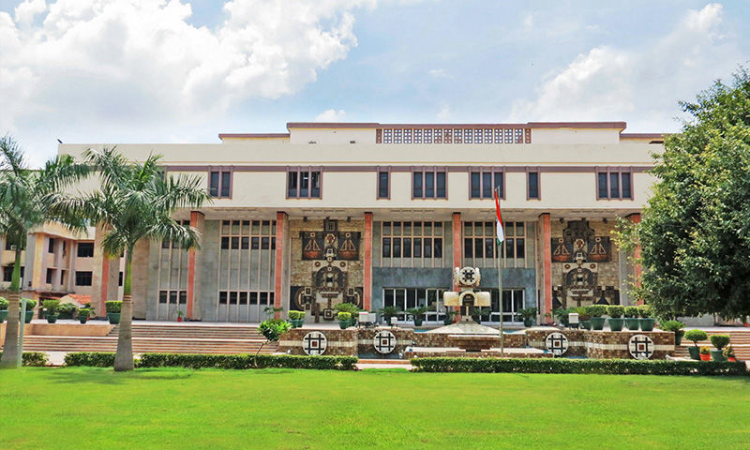Arbitration Clause Contained In A Tax Invoice Is Binding: Delhi High Court
Parina Katyal
13 July 2022 8:15 PM IST

Next Story
13 July 2022 8:15 PM IST
The Delhi High Court has ruled that an arbitration clause contained in a tax invoice is binding between the parties. Noting that the opposite party had earlier received similar tax invoices, against which it had made payments, the Single Bench of Justice V. Kameswar Rao ruled that the party could not disown the clear stipulation contained in the tax invoice with regard to any dispute...
